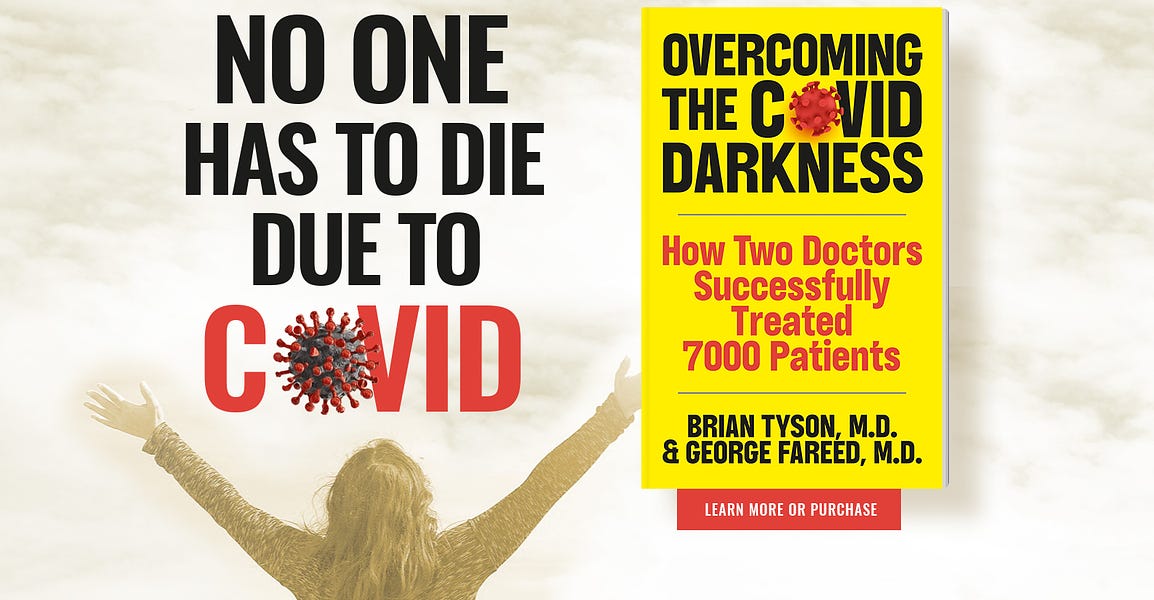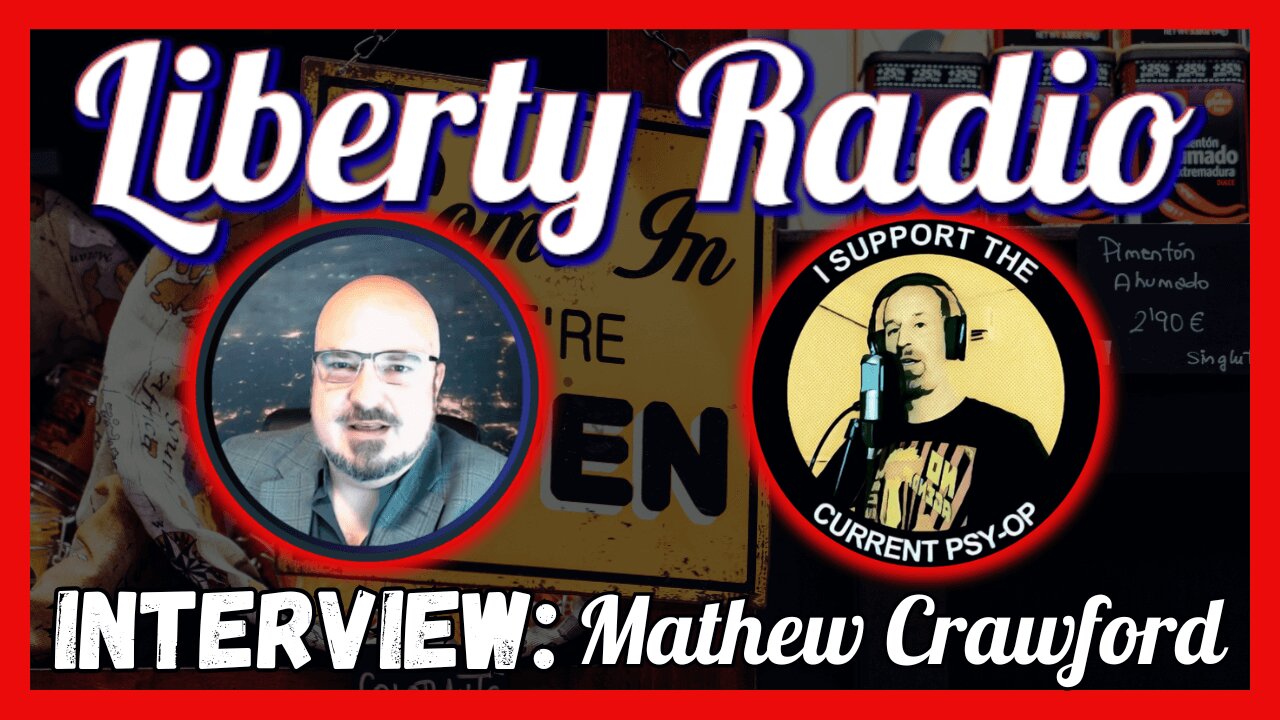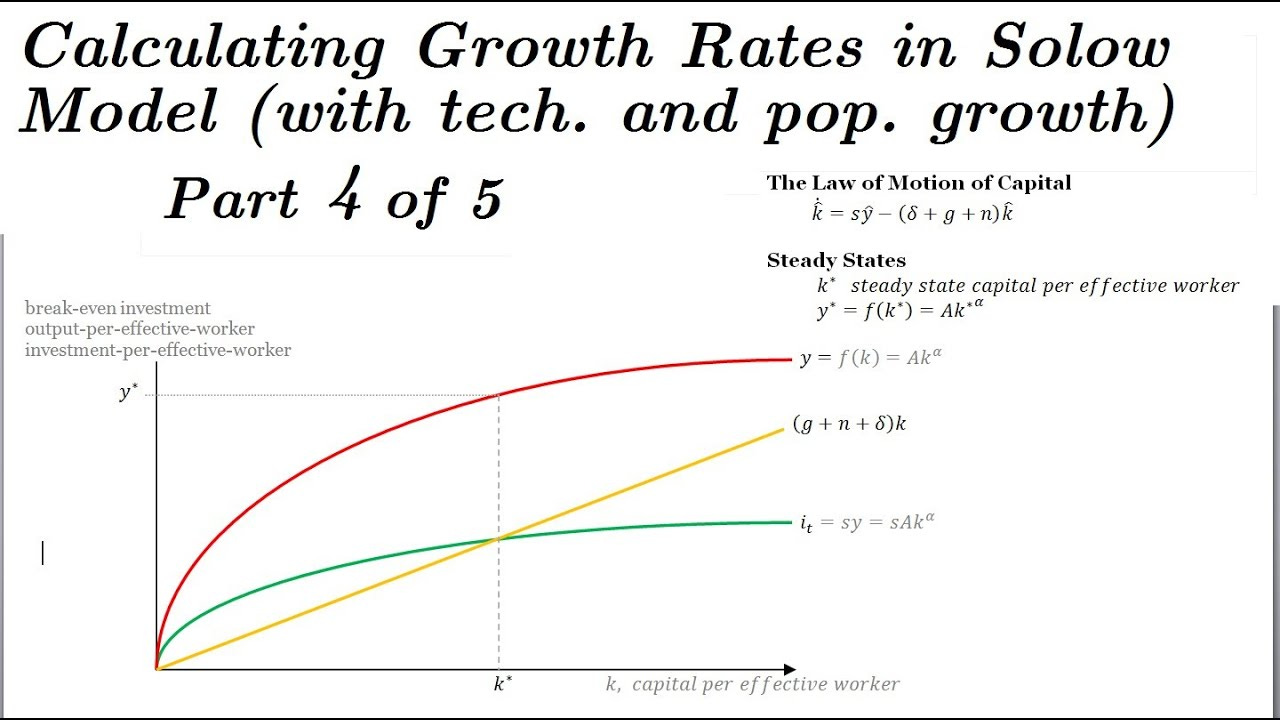For more on The Pharmafia, check out the RTE articles here. Also, join our Locals community where active discussions often take place about challenging events in real time.
Woody Harrelson Talks About A Movie Script That No One Would Believe...
I can hear the chants if I close my eyes.
"Go, Woody, Go! Go, Woody, Go!"
I don't usually publish the same sensational news that you can read at any of several dozen Substacks, social media accounts (thousands, perhaps), and blogs of highly variable quality and curation, so I owe you a few words of explanation. This is important. We need to know exactly what just happened.
While Woody Harrelson did not say "Pharmafia", he said "drug cartels", by which we know that he means Big Pharma. We're on the same page. And…he was…allowed to say it.
Allowed…why, exactly?
You've just been given an ounce of social approbation. Is this the thin gruel that keeps you alive?
Most people in the Medical Freedom Movement—the millions who woke up due to harsh mandates and other authoritarian government actions—are happy to simply sit behind their screens and pump their fists. These are the same throngs following Chaos Agents through social media and Substack. These are mostly the intuitives who are not well enough educated to track down all the important information on their own, but know that the mainstream media and governments were lying to them. They are at risk of falling into the trap of the mass formation of the movement—and at risk of finding themselves steered by a false prophet.
Why would powerful corporate interests want to keep you alive as you study their crimes and threaten to do something about them?
I have multiple hypotheses that are not necessarily mutually exclusive, and I'm not sure the list is exhaustive in a realistic sense. I may add suggestions from the peanut gallery this time.
Part of the corporate power base (possibly military, too) was always against Plandemonium, but could not stop it. Instead, they waited to build momentum on the other side.
Perhaps like FTX/Alameida, the Pharmafia's plan was one of several attempts at global domination (the "vax tax") that failed, and this is a necessary step toward recall.
This is part of an elaborate trap, much like Mao's Hundred Flowers campaign that saw his opponents out themselves—compiled into an easy list, complete with street addresses so that his communist troops could rip them from their homes one-by-one and imprison, enslave, or murder those who could not be otherwise turned.
Woody Harrelson may be the perfect man to deliver the message such that we cannot easily discern the meaning. He is not a man from a powerful family. He is the son of a heinous hitman who worked his own way up from poverty and obscurity in a career with notable downturns. You won't find him in Jeffrey Epstein's little black book. He is a man that I quite frankly want to root for, given what I know about him.
And yet the fact remains: he was allowed to say what he said.
Unless there is a James O'Keefe moment yet to come where Woody Harrelson finds himself on the outside?
Unfortunately, I think we'll have to wait and find out.




















